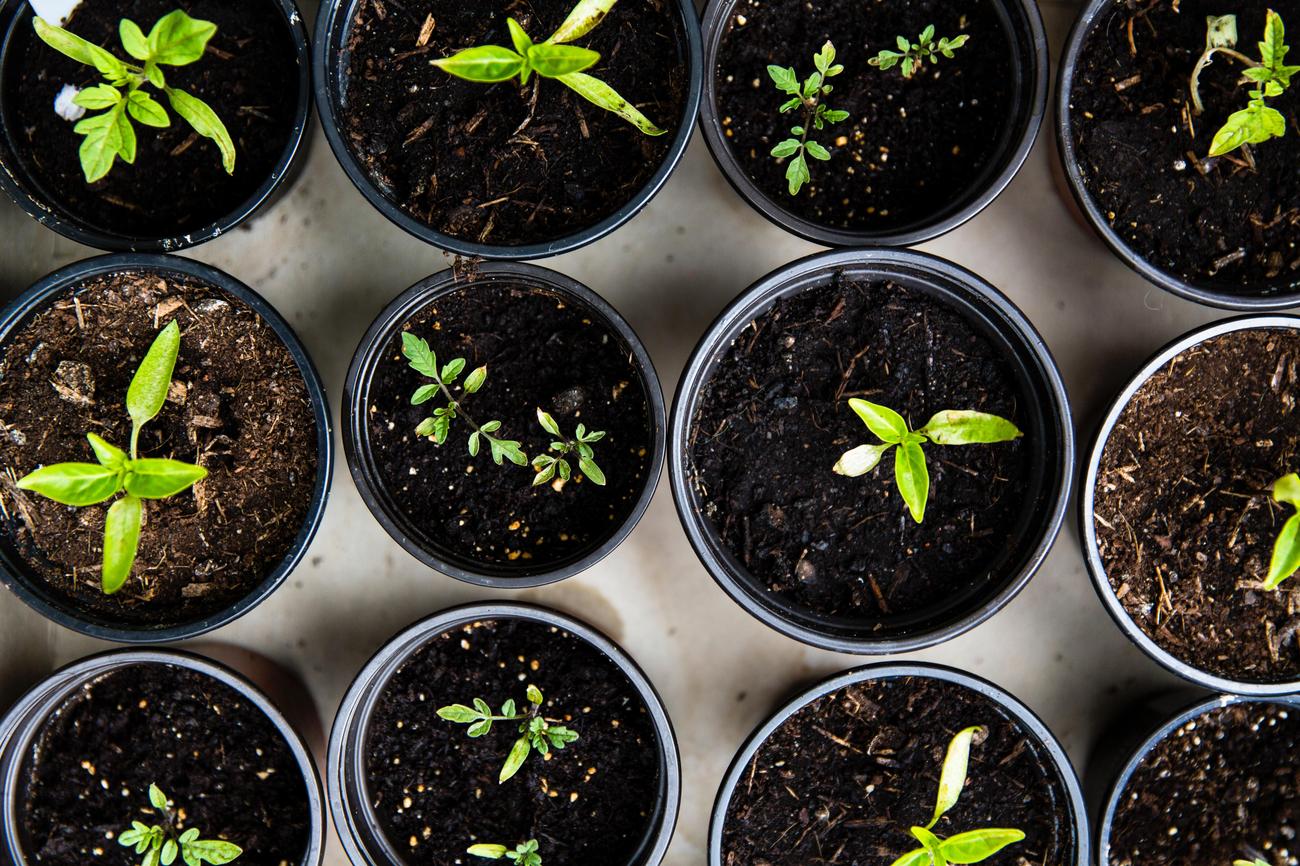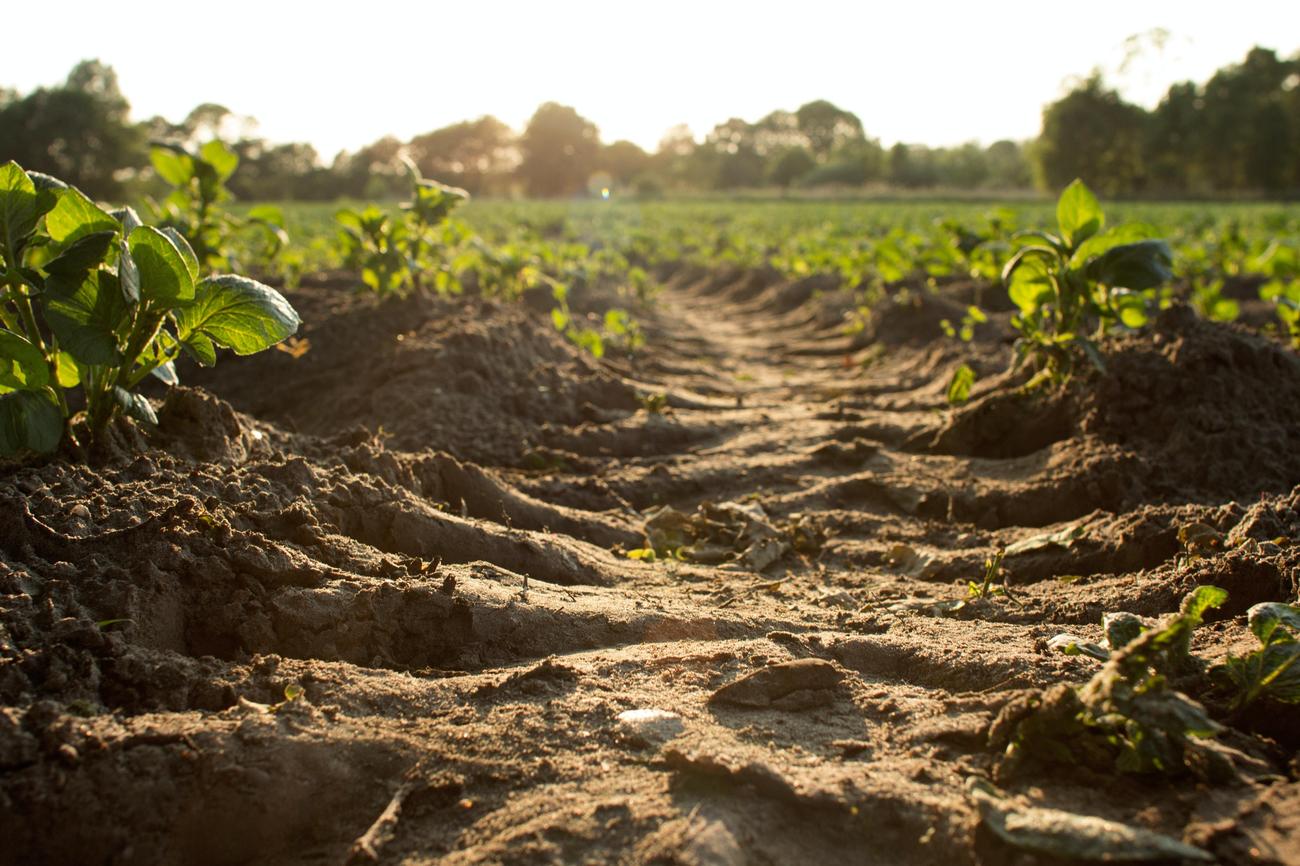Are you curious about the advantages of composting? In this article, we will explore the three significant benefits of composting: nutrients, waste reduction, and sustainability. As a passionate garden enthusiast with a background in environmental science and sustainable agriculture, I have dedicated my career to educating others about the numerous advantages of composting. Through my expertise in nutrient-rich soil amendment, organic waste reduction, and greenhouse gas mitigation, I aim to inspire individuals to embrace composting as a powerful tool in creating a greener, more sustainable future for our planet. So, let’s dive in and discover the incredible benefits that composting has to offer.

What are 3 benefits of compost?
Composting is a powerful tool that offers three significant benefits: nutrient-rich soil amendment, organic waste reduction, and sustainability. By understanding these advantages, you can embrace composting as a way to create a greener and more sustainable future for our planet.
Nutrient-Rich Soil Amendment
One of the incredible benefits of compost is its ability to enrich the soil with essential nutrients. When you compost organic materials such as food scraps, yard waste, and other biodegradable items, they break down into a dark, crumbly substance known as humus. This humus is packed with nutrients like nitrogen, phosphorus, and potassium, which are vital for plant growth.
By incorporating compost into your garden or landscape, you can enhance the fertility of your soil. Compost improves soil structure, allowing it to retain water and nutrients more effectively. This, in turn, reduces the need for synthetic fertilizers and pesticides, promoting a healthier and more sustainable growing environment for your plants.
As the saying goes, “compost is the gardener’s black gold.” Its nutrient-rich composition not only nourishes plants but also enhances their overall health and productivity. By using compost, you can cultivate a vibrant garden that blooms with life.
“With compost, your garden will thrive with the abundance of nutrients it provides, allowing your plants to reach their full potential.”
Organic Waste Reduction
Another remarkable benefit of composting is its role in reducing organic waste. When we throw away food scraps, yard trimmings, and other compostable materials in our regular trash, they end up in landfills where they decompose in an oxygen-deprived environment, producing harmful greenhouse gases like methane.
However, by composting these organic materials, we divert them from landfills and give them a new purpose. Through the natural process of composting, microorganisms and worms break down these materials into nutrient-rich humus, preventing them from contributing to the harmful emissions in landfills.
“Composting is not just about reducing waste, but also about giving new life to organic matter that would’ve been wasted.”
By composting at home or supporting community composting initiatives, we can make a significant impact in reducing our waste footprint and contributing to a more sustainable future.
Sustainability
Composting is an essential practice for creating a more sustainable world. The process of composting mimics nature’s cycle of decomposition, transforming waste into a valuable resource. By composting, we close the loop in the organic waste cycle, ensuring that valuable resources are returned to the earth instead of being wasted in landfills.
Composting also has a positive impact on the environment. As mentioned earlier, composting reduces greenhouse gas emissions by diverting organic waste from landfills. Additionally, the use of compost in gardens and agricultural fields helps sequester carbon dioxide from the atmosphere, mitigating climate change.
Furthermore, composting promotes biodiversity by nurturing beneficial soil organisms like earthworms, bacteria, and fungi. These organisms play crucial roles in breaking down organic matter and maintaining soil health. By supporting their growth through composting, we create a healthy and balanced ecosystem in our gardens and landscapes.
“Composting is at the heart of sustainability, transforming waste into a valuable resource and nurturing our environment for future generations.”
In conclusion, composting offers three significant benefits: nutrient-rich soil amendment, organic waste reduction, and sustainability. By incorporating compost into our gardens and practicing composting at home, we can not only improve the health and productivity of our plants but also contribute to a greener and more sustainable future for our planet.
Table:
| Benefit | Explanation |
|---|---|
| Nutrient-Rich Soil Amendment | Compost enriches soil with essential nutrients, improving fertility and plant health. |
| Organic Waste Reduction | Composting diverts organic waste from landfills, reducing greenhouse gas emissions. |
| Sustainability | Composting closes the loop in the organic waste cycle, promotes biodiversity, and mitigates climate change. |
Composting is not only a sustainable way to reduce waste, but it also yields some fascinating results. Have you ever wondered about fun facts about compost? Well, we’ve got you covered! Discover the wonders of composting and learn some interesting tidbits along the way. Click here to check out our list of fun facts about compost!
Extra Benefits of Compost: Enhancing Your Garden’s Potential
[youtube v=”aeFhKDf8xnQ”]
Introduction
Welcome to another informative episode of the Garden Quickie! In this episode, we will explore the lesser-known benefits of composting that every gardener should know. Compost, the wonder product of our backyard garden, not only helps reduce waste but also enhances your soil’s fertility and promotes a thriving ecosystem. Let’s dive into the extra benefits of compost and discover how it can elevate your gardening experience to new heights.
Moisture Retention and Improved Soil Structure
One significant advantage of using compost is its impact on soil structure and moisture retention. By incorporating organic matter into the soil, compost improves its structure, allowing it to grab and retain moisture more effectively. This means your plants will have better access to the water they need, resulting in healthier growth and improved crop yields. As Jeff from Ripe Tomato Farms explains, “The addition of compost improves your soil in every way, but one big improvement is seen in moisture retention.”
Enhanced Aeration and Reduced Compaction
Just like water, air is vital for the health of your plants. Compost not only improves soil structure but also increases the amount and consistency of air gaps within the soil. By reducing compaction, compost allows for better aeration and ensures that your plants receive an adequate supply of oxygen. This improved soil structure and aeration enable your soil to reach its full potential and support healthier, more robust crops. Jeff mentions, “Your soil structure is greatly improved with the addition of compost, so is the amount and consistency of air gaps. Compaction is mitigated, and your soil can function and live up to its full potential.”
Boosting Bioactivity and Microbial Life
Compost is teeming with life at the micro level, making it an invaluable addition to your garden. Due to its high content of beneficial microbes and bacteria, compost acts as a bioactivity injection for your soil. Adding even moderate quantities of compost reintroduces these essential microorganisms, which play a vital role in the nutrient cycles of your garden. By enriching your soil with compost, you create an environment that supports increased biodiversity and facilitates the growth of healthier, more resilient crops. Jeff explains, “Compost is full of beneficial microbes and bacteria that are necessary for the main nutrient cycles in our garden. By adding these back to our soil, the boost leads to an unmatched injection of bioactivity.”
Conclusion
Compost truly is a gardener’s best friend, offering far more benefits than meets the eye. Beyond its ability to reduce waste and provide essential nutrients, compost improves moisture retention, enhances soil structure, promotes aeration, and boosts bioactivity in your garden. By harnessing the power of composting, you can unleash the full potential of your crops, creating a thriving and sustainable garden ecosystem.
Remember, to explore more gardening topics and find quick and helpful solutions, check out the Garden Quickie playlist. Happy gardening!
“Compost improves moisture retention, soil structure, aeration, and bioactivity, unleashing the full potential of your crops.”

FAQ
Q: What are the benefits of composting?
A: Composting provides several important benefits. Firstly, it significantly reduces the amount of waste in landfills, leading to cost and carbon emissions savings in the hauling and processing of materials. Additionally, composting enriches the soil with nutrients, reducing the need for fertilizers and pesticides. It also improves the soil’s ability to retain moisture, thereby preventing erosion through reduced runoff.
Q: How does composting reduce waste in landfills?
A: Composting diverts organic waste, such as food scraps and yard trimmings, from ending up in landfills. By directing these materials to composting facilities, the amount of waste going into landfills is reduced. This not only saves space in landfills but also reduces the production of harmful greenhouse gases that are generated as organic waste decomposes in anaerobic conditions.
Q: What are the benefits of enriching soil with compost?
A: Enriching soil with compost provides valuable nutrients to plants, promoting healthy growth and development. Compost is rich in organic matter, such as nitrogen, phosphorus, and potassium, which are essential for plant nutrition. By utilizing compost as a natural fertilizer, the need for synthetic fertilizers is minimized, reducing the risk of chemical runoff and water pollution.
Q: How does composting contribute to sustainability?
A: Composting plays a crucial role in sustainable agriculture and environmental conservation. By reducing waste in landfills, composting helps conserve valuable resources and minimizes the carbon footprint associated with waste management processes. Additionally, composting improves soil health and reduces the reliance on chemical fertilizers, contributing to a more sustainable and eco-friendly approach to gardening and farming.
Q: What role does composting play in greenhouse gas mitigation?
A: Composting helps mitigate greenhouse gas emissions by diverting organic waste from landfills. When organic waste decomposes in landfills, it produces methane, a potent greenhouse gas that contributes to climate change. Composting, on the other hand, allows organic matter to decompose aerobically, significantly reducing methane emissions. By choosing to compost, individuals can make a positive impact in reducing their carbon footprint and combating climate change.
- Senior at What Age: Benefits & Eligibility Guide - March 29, 2025
- Unlocking Senior Benefits: How Old is a Senior? Your Complete Guide - March 29, 2025
- Master Russian Politeness:A Guide to Saying Please - March 29, 2025
















